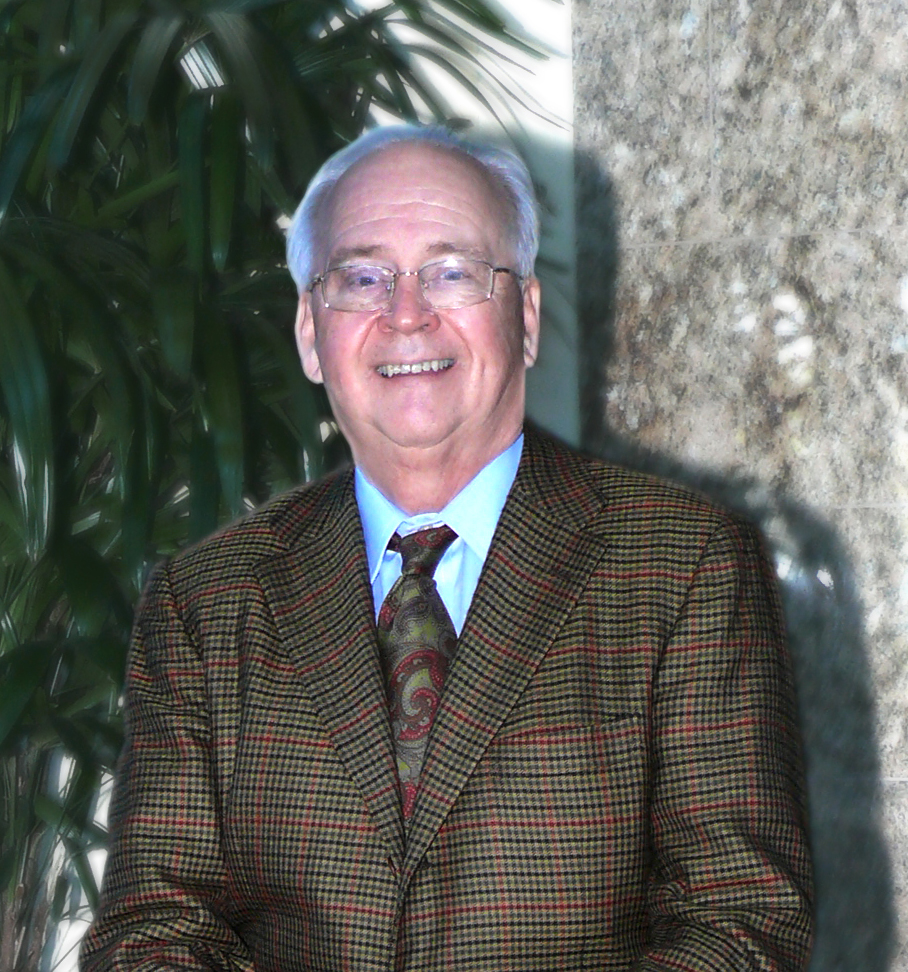 Renowned orthopedic surgeon James Andrews, MD, will appear on a Topps baseball card this year, according to a Newsday report.
Renowned orthopedic surgeon James Andrews, MD, will appear on a Topps baseball card this year, according to a Newsday report.
Dr. Andrews has treated several professional athletes throughout his lengthy career, including superstars such as Michael Jordan and Brett Favre. Among baseball players, he's known for performing ulnar collateral ligament repair — Tommy John surgery — as well as shoulder and knee procedures.
But Dr. Andrews hasn't just made a name for himself as a physician for the world's top athletes; he has contributed significantly to sports medicine's advancement at all levels and served in leadership positions for national societies. How has he built such success? By focusing on providing the best care possible for the patient, devoting time to educating other surgeons and staying humble. There are a number of qualities sports medicine physicians must adopt to build a foundation for success, with the most important being humility, he told Becker's Spine Review in a 2012 interview. "If you take too much personal credit for your successes and dwell on them, you are going to have a problem," says Dr. Andrews. "You aren't going to be good at medicine without humility."
Here are 10 of the major highlights from Dr. Andrews' career thus far:
1. Dr. Andrews founded two medical practices — first in Birmingham and the second in Gulf Breeze, Fla. His practice in Gulf Breeze includes an ambulatory surgery center, fellowship program and educational seminars for athletes, coaches and sports medicine professionals.
2. Since beginning his practice, Dr. Andrews has mentored more than 250 orthopedic and sports medicine fellows as well as 45 primary care sports medicine fellows. He completed his own fellowship in sports medicine at the University of Virginia Medical School in 1972 with Frank McCue III, MD.
3. In addition to his medical practice, Dr. Andrews served on the board of directors for the American Orthopaedic Society for Sports Medicine, and as president for a year. He also served on the board of directors for the Arthroscopy Association of North America and International Knee Society.
4. Dr. Andrews has served as the senior orthopedic consultant for the Washington Redskins and medical director for the Tampa Bay Rays. He is also co-medical director for Intercollegiate Sports at Auburn University and senior orthopedic consultant for Intercollegiate Athletics at the University of Alabama.
5. Dr. Andrews is a member of the Medical and Safety Advisory Committee of USA Baseball. He is also a former member of the NCAA Competitive Safeguards in Medical Aspects of Sports Medicine Committee.
6. Earlier this year, Dr. Andrews and his colleague Glenn Fleisig, MD, of the American Sports Medicine Institute released a position statement on UCL surgery for elite pitchers based on clinical evidence showing UCL injuries are often cumulative, there is little relationship between elbow injuries and curveball use among young pitchers, winter league baseball is discouraged, pitchers should not pitch with maximum effort at all times and the use of PEDS may make the pitcher's surrounding muscles too strong.
7. In May, Dr. Andrews was affiliated with a new smart phone app, Throw Like a Pro, that includes recommendations on how to minimize throwing injuries, pregame warm-up routines, exercises and pitch counters to maximize a young pitcher's career, according to an ESPN report.
8. After seeing several overuse injuries among young athletes, Dr. Andrews was instrumental in establishing the STOP Sports Injuries campaign, where he serves as campaign co-chair. The comprehensive outreach program focuses on sports safety and education for athletes at all levels.
9. Some of Dr. Andrews' biggest success stories in returning athletes to play are shoulder surgery for Roger Clemens — after which he struck out 20 players in a game — and knee surgery for Adrian Peterson who returned to play in record time. According to an SB Nation report, around 40 percent of his surgery clients are high-level athletes.
10. Dr. Andrews has been a clinical professor of orthopedic surgery at the University of Alabama Birmingham Medical School, University of Virginia School of Medicine, University of Kentucky Medical Center and the University of South Carolina Medical School. He also received a Doctor of Laws Degree from Livingston University.
More Articles on Orthopedic Surgeons:
20 Orthopedic Surgeon Honors & Awards
10 Observations on Spine Surgery Coverage
10 Statistics on Orthopedic Surgeon Salary & Bonus


